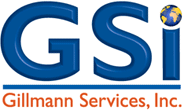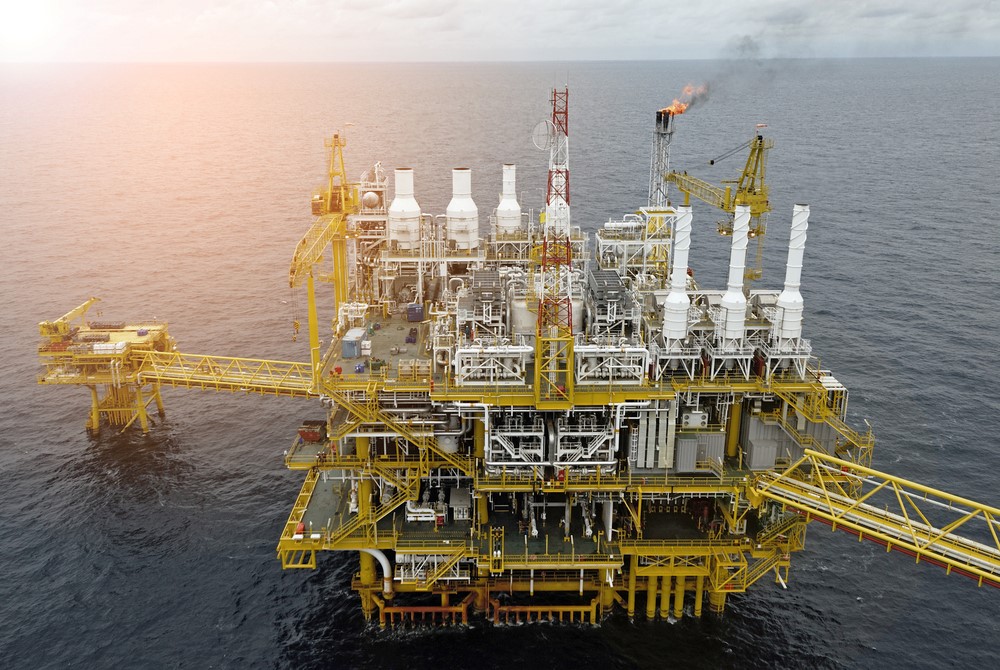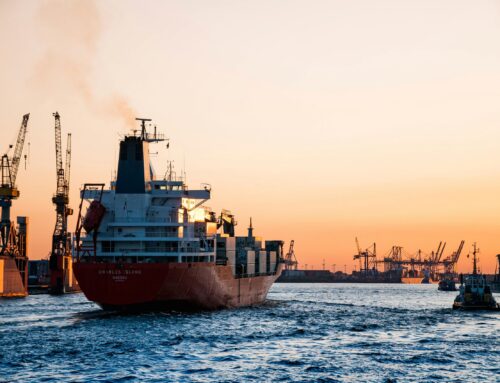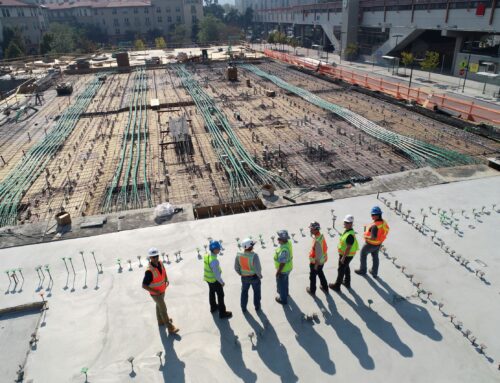
Many potentially dangerous jobs, such as offshore oil rigs, pose significant risks for workers. These oil rigs are among some of the most hazardous work environments around. Common dangers include fires and explosions, falls, falling objects, worker fatigue, and bodily injuries from heavy machinery (such as crushed limbs and hands). While these things can happen on various worksites, the risk increases on an offshore oil rig far from medical help or emergency response.
No matter your role on an oil rig, having a safety mindset and following standard safety procedures could save not only your own life but the lives of those around you.
A Safety-First Mindset
Creating a culture centered around safety is part of your job as the boss.
- Remember, no hazard is insignificant — don’t be tempted to think minor inconsistencies or the smallest of issues is irrelevant. Instead, treat every possible threat with equal concern.
- Set the example at all times. (People are always watching.) Walk your talk and follow the training and tips you require of others.
- Require certifications for operating machinery — no matter how many years of experience someone has, ensure they have the proper credentials to use each tool.
- Offer consistent, thorough safety and operations training.
- Make sure all regulations and other safety tips are highly visible and available.
- Identify “danger zones” such as high-pressure valves, flammable-material storage, confined space entries, and moving machinery.
PPE
Personal protective equipment is one of the first walls of defense in the face of danger. Wear properly fitted PPE at all times, including hard hats, steel-toed boots, gloves, masks, and flame retardant clothing. In addition, utilize body harnesses, anchors, connectors, and tool belts to protect from falls and falling objects.
Machine Maintenance
Keeping machinery well-maintained and operational is paramount. The ocean’s saltwater and the constant motion of an offshore rig cause wear down more rapidly than you would find on a dry-land oil drill, making routine maintenance checks a must. Broken parts and tools quickly become dangerous, and it is irresponsible to allow them to cause risk to your workers. Provide solutions quickly. Even the “smallest” of mechanical malfunctions can lead to massive disasters. Properly maintaining all machinery prevents tools and equipment from breaking down.
In addition, it’s also wise to maintain general “housekeeping.” For example, keep walkways and paths tidy and clear of tripping hazards such as cords, tools, and spillage.
Culture of Trust
Establish a culture where workers can come to you with genuine safety concerns, whether because of workflow, a system error, or another worker. Ensure they know they can come to you in confidence and trust regarding the situation. Building relationships between yourself and your workers is vital for this type of culture.
At Gillmann Services, safety is one of our top priorities. With a focus on commercial, industrial, mining, manufacturing, and marine construction, we’re dedicated to supplying quality talent to our customers. “We Work for You” is our motto and our pledge to every client and employee. Contact us today.






